Following international success: Upper Austrian Prize for Innovation goes to “Cinematic Virtual Anatomy” by Ars Electronica Futurelab, JKU and Siemens Healthineers.
The human body in 3D and 8K, larger than life and displayable down to the smallest detail: The globally unique application “Cinematic Virtual Anatomy” by Ars Electronica Futurelab, Siemens Healthineers and Johannes Kepler University Linz has now received the “Business Model Innovation” jury prize at the Upper Austrian State Prize for Innovation.
“Cinematic Virtual Anatomy” enables teaching anatomy in a completely new way, worldwide unique in this form: in stereoscopic 3D projection and 4K to 8K resolution on a projection surface of up to 16×9 meters. Teachers and students are immersed in larger-than-life, photorealistic 3D images of data from real patients, impressively clear from all angles and seamlessly zoomable. Organs and blood vessels, muscles and bones, as well as tumors and injuries can thus be viewed as three-dimensional objects in impressive clarity and magnified down to specific details using 3D glasses.
The program is based on an idea by Prof. Franz Fellner (Chair of Virtual Morphology at JKU Linz), who has been teaching virtual anatomy since 2021 with the help of “Cinematic Virtual Anatomy” in the JKU medSPACE at the JKU Linz Medical Faculty. The implementation of the JKU medSPACE and the adaptation of the software to stereoscopic 3D in such high resolution come from the Ars Electronica Futurelab. Ars Electronica’s artistic research and development lab had already set standards with the development and construction of Deep Space, the unique 3D experience space in the Ars Electronica Center. “Cinematic Virtual Anatomy” is based on the “Cinematic Rendering” program by Dr. Klaus Engel from Siemens Healthineers, which has already been in use for many years for three-dimensionally displaying X-ray and CT images in hospitals.
The data presented in “Cinematic Virtual Anatomy” comes from real patients. The data can be transferred fully anonymized from the hospital to the lecture hall of the future within minutes, where it can be used directly in a lecture and saved for later presentations. Students thus learn using real data instead of abstract models and gain a better insight into the interrelationships of the human body. In contrast to conventional anatomy, the data from “Cinematic Virtual Anatomy” is available at any time and is easily reproducible. In addition, irreparable mistakes in dissecting bodies are impossible here, because the digital changes in the virtual anatomy can be reversed as often as desired and certain anatomical structures can be shown and hidden in a controlled manner.
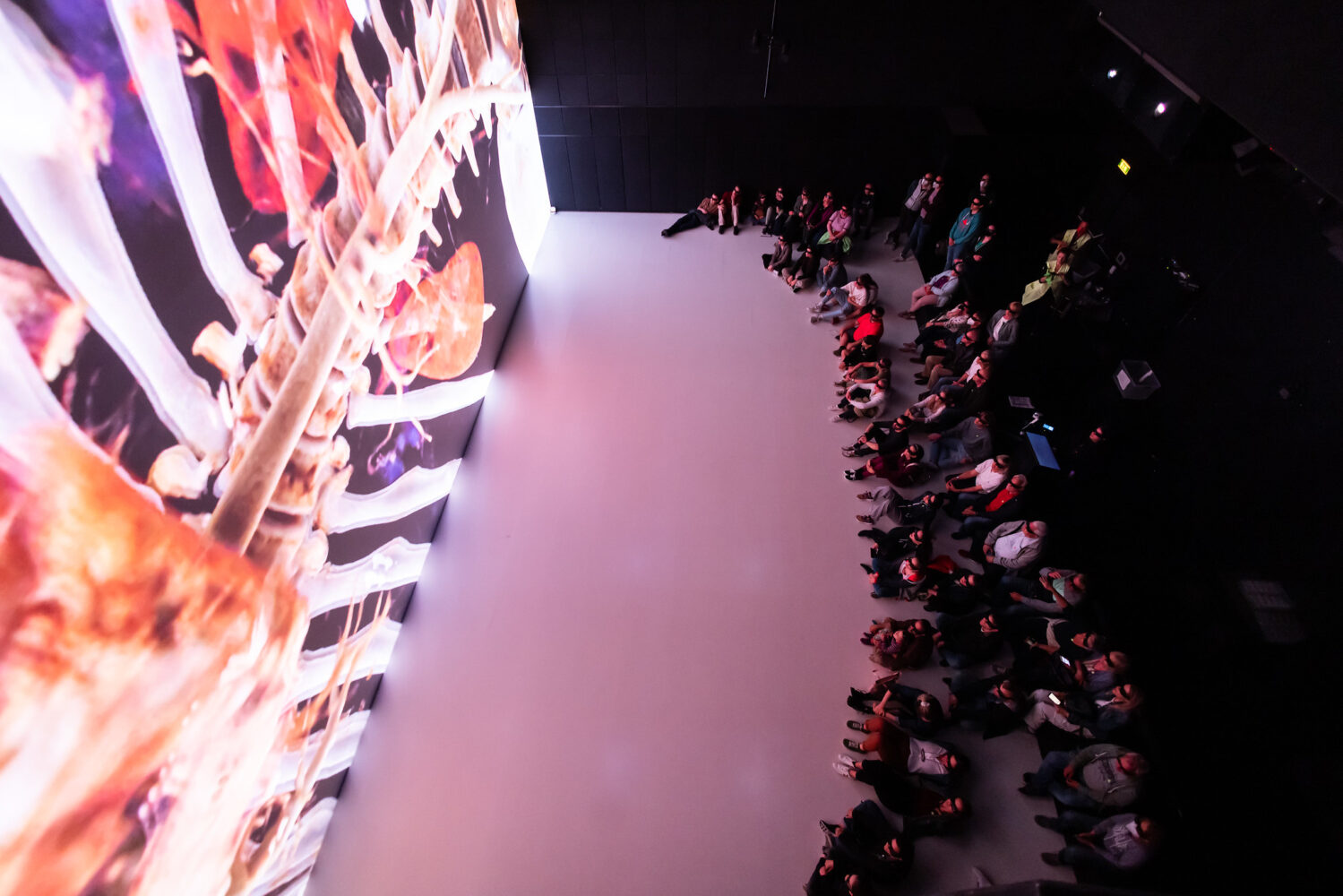
“A highlight” not only for students
The success of the new lectures with “Cinematic Virtual Anatomy” in the JKU medSPACE proves the concept right – the increase in knowledge of the students through the new lecture is clearly measurable. Moreover, the future physicians are enthusiastic: They praise the lecture as their “absolute favorite course in the preclinical phase”, which brings the understanding of the complex structures in the body into a “whole new dimension”, according to the JKU students in a survey by Univ.-Prof. Fellner. In short: “A highlight!” An opinion that many visitors to the Ars Electronica Center in Linz are likely to agree with: The demonstrations using “Cinematic Virtual Anatomy” are among the most popular programs at Deep Space 8K; more than 180,000 people have already gained completely new insights into the human body here.
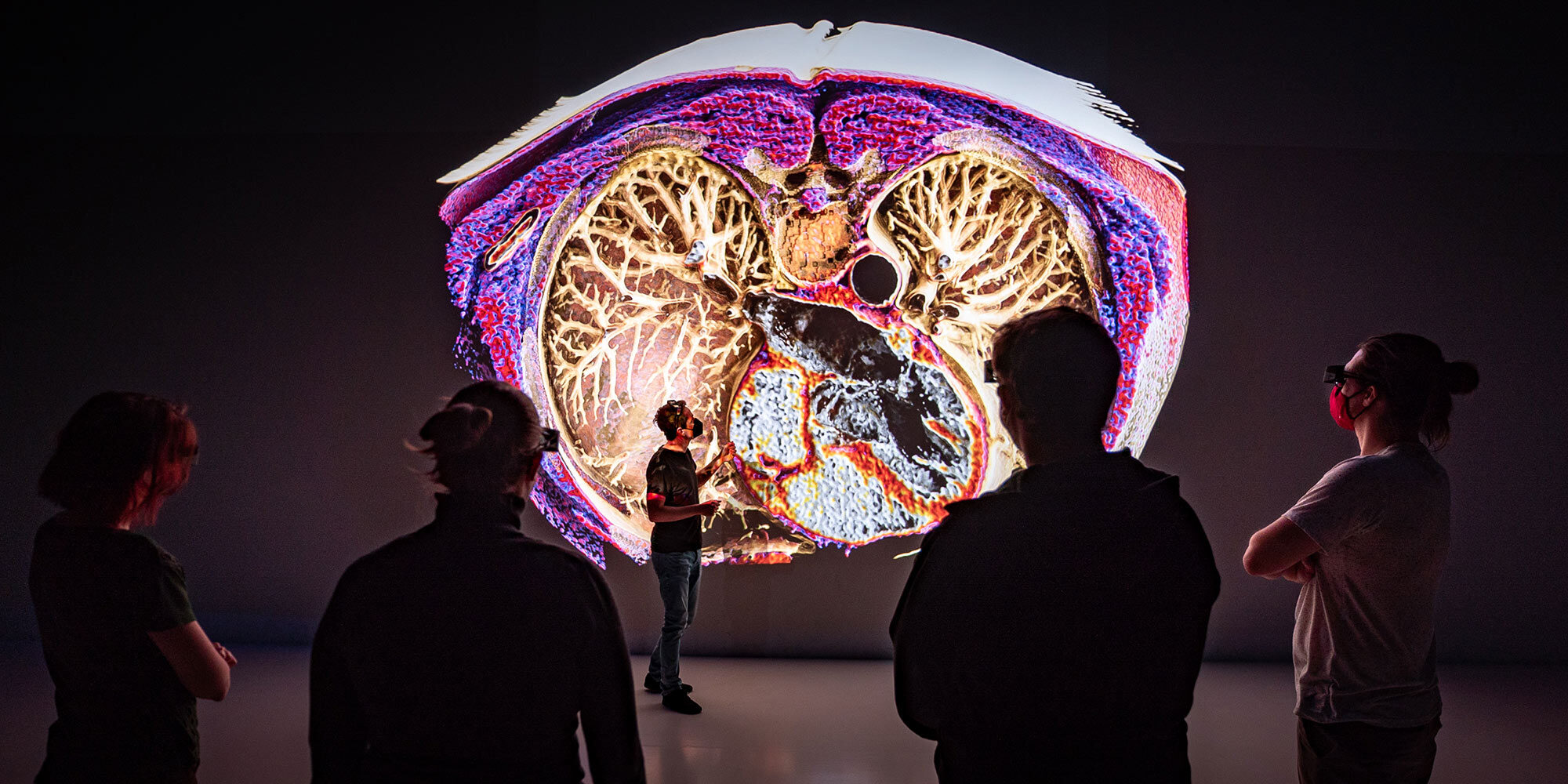
The interdisciplinary team has already won the silver medal as “Innovation and Entrepreneurship Team of the Year” at the Triple E Awards 2023 with the software – now available under the new title “Cinematic Anatomy x Deep Space”. In 2022, the project also won first place for “Best Emerging Technology of the Year” and the silver medal for “Most Innovative Solution in Digital Health and Social Care” at the E&T Innovation Awards.
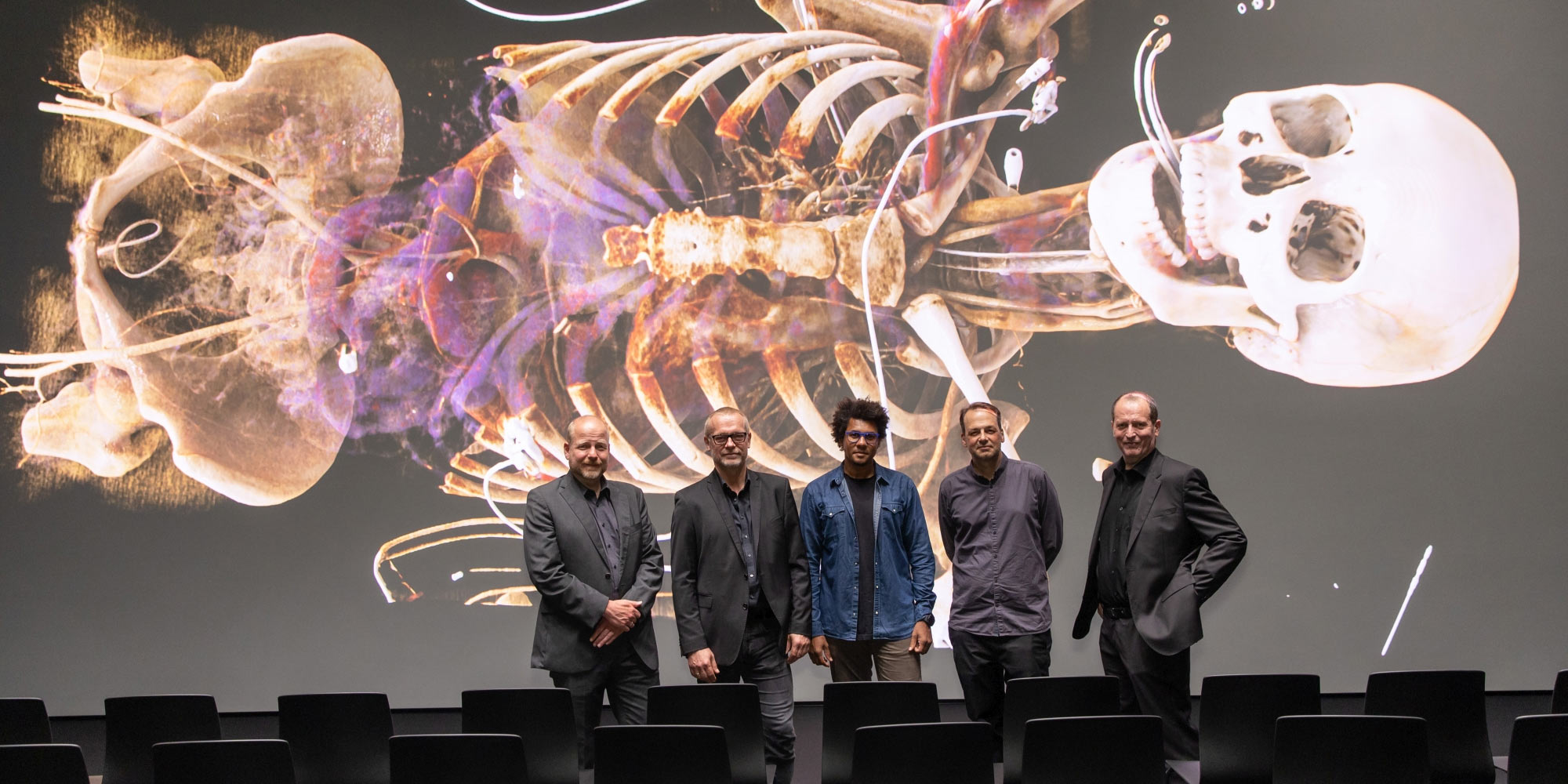
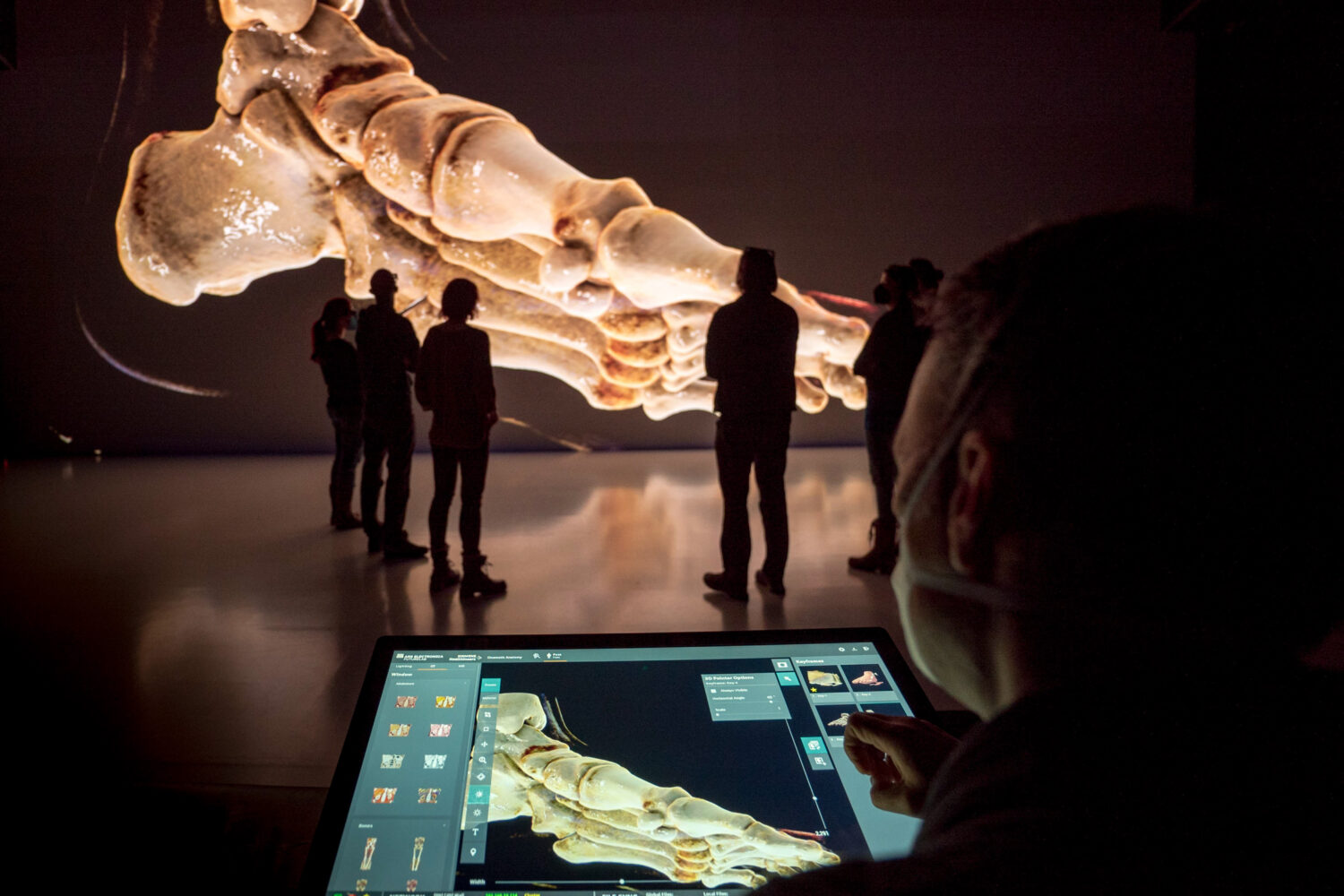
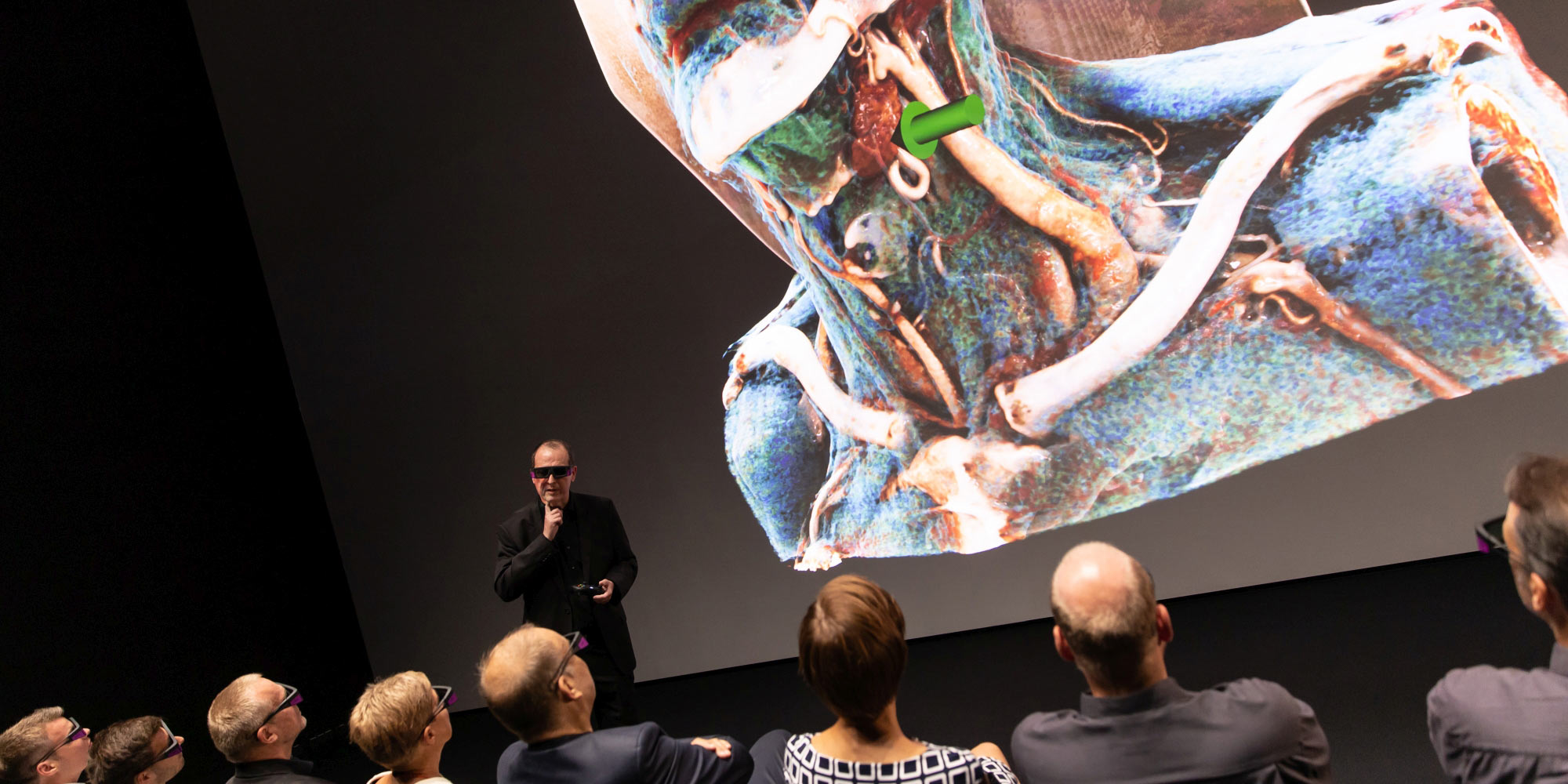
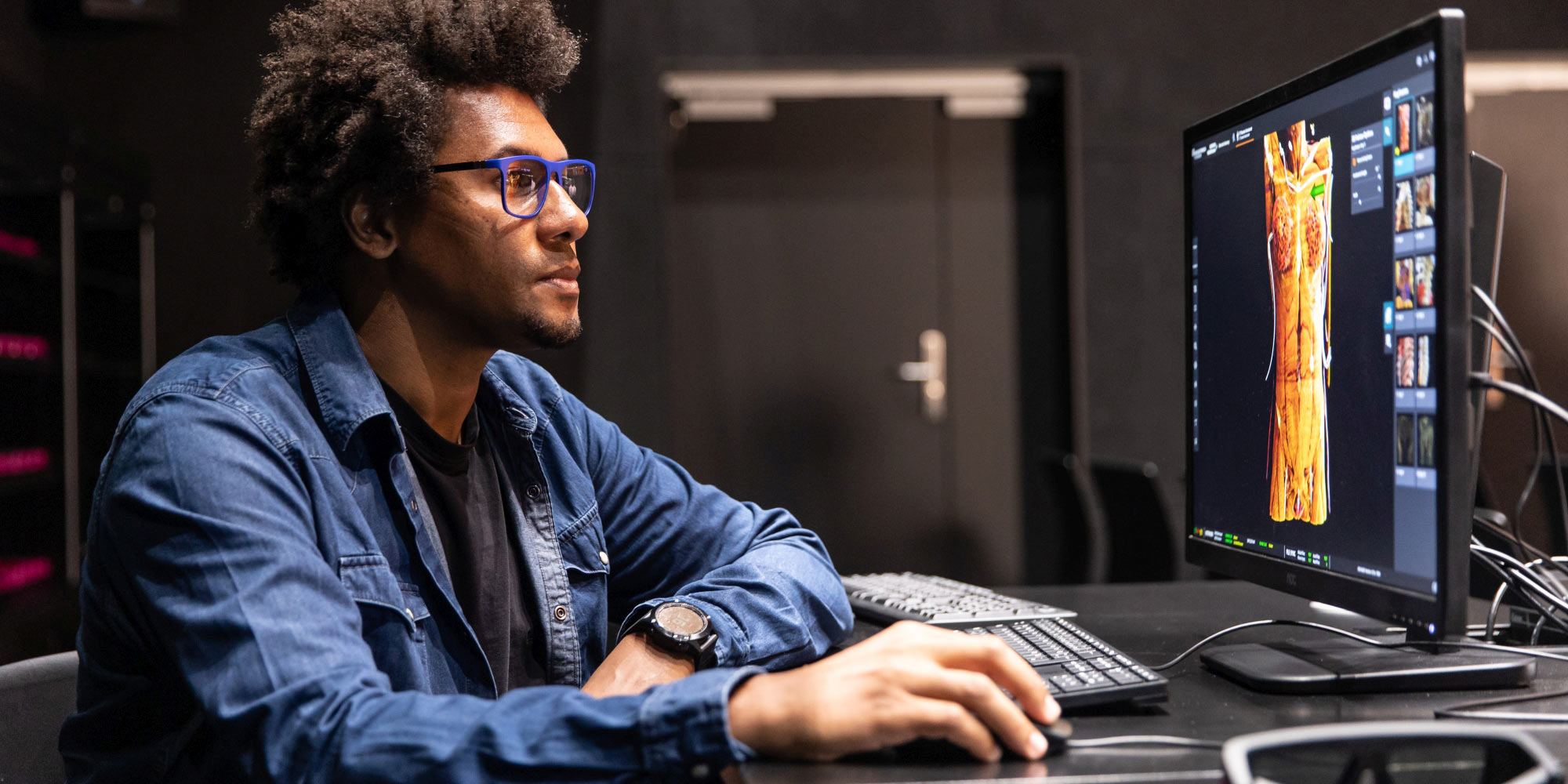
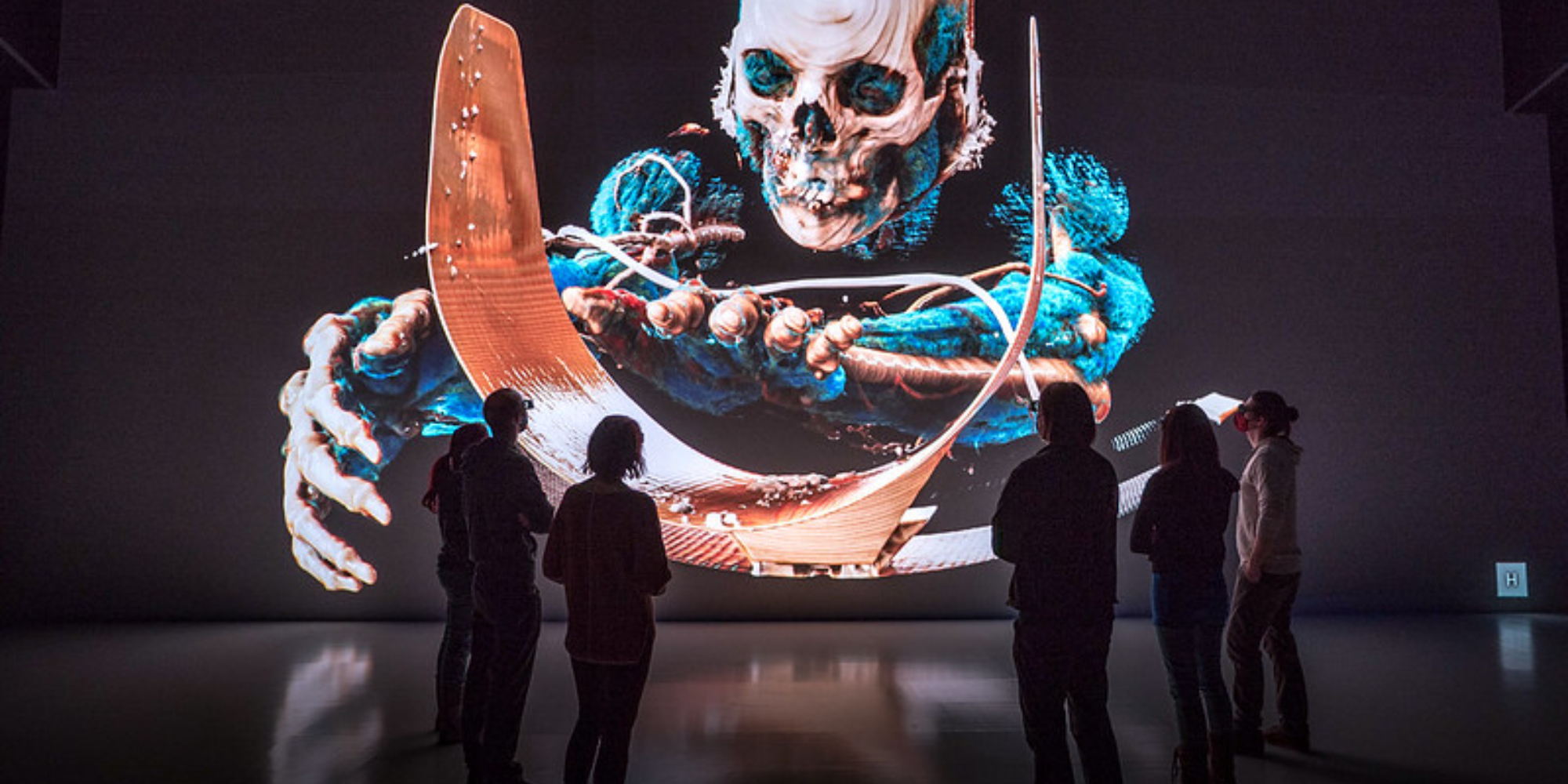
Want to know more? Check out the Futurelab’s project pages on “Cinematic Anatomy x Deep Space” and JKU medSpace. If you’d like more information or want to implement our technology, let’s get in touch!
